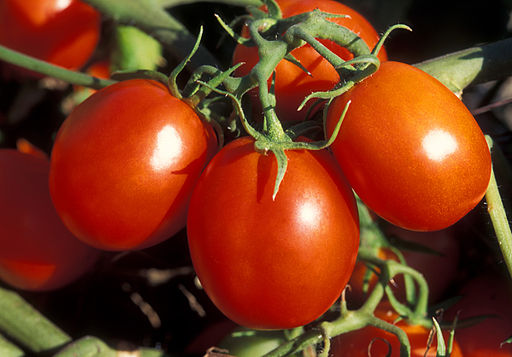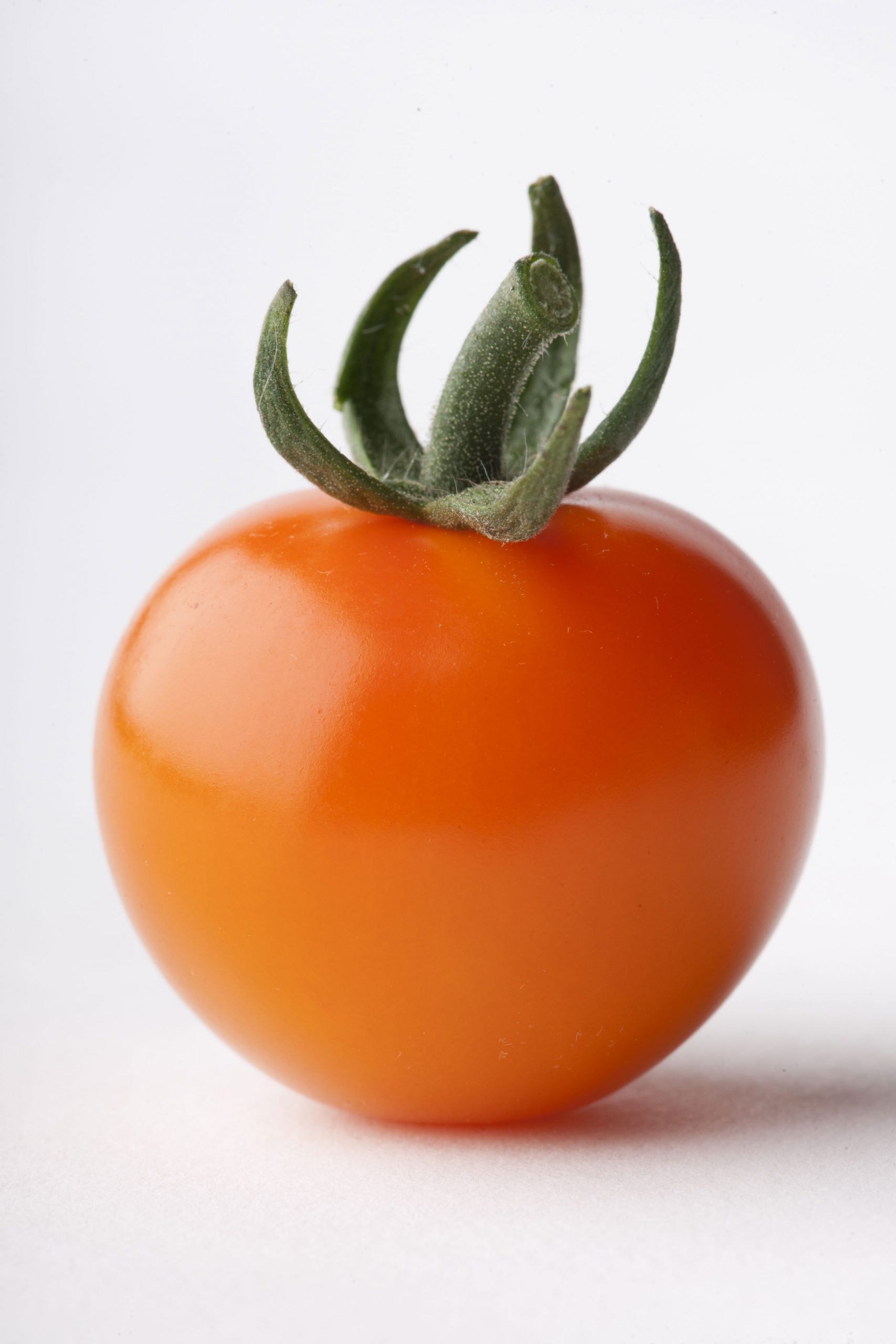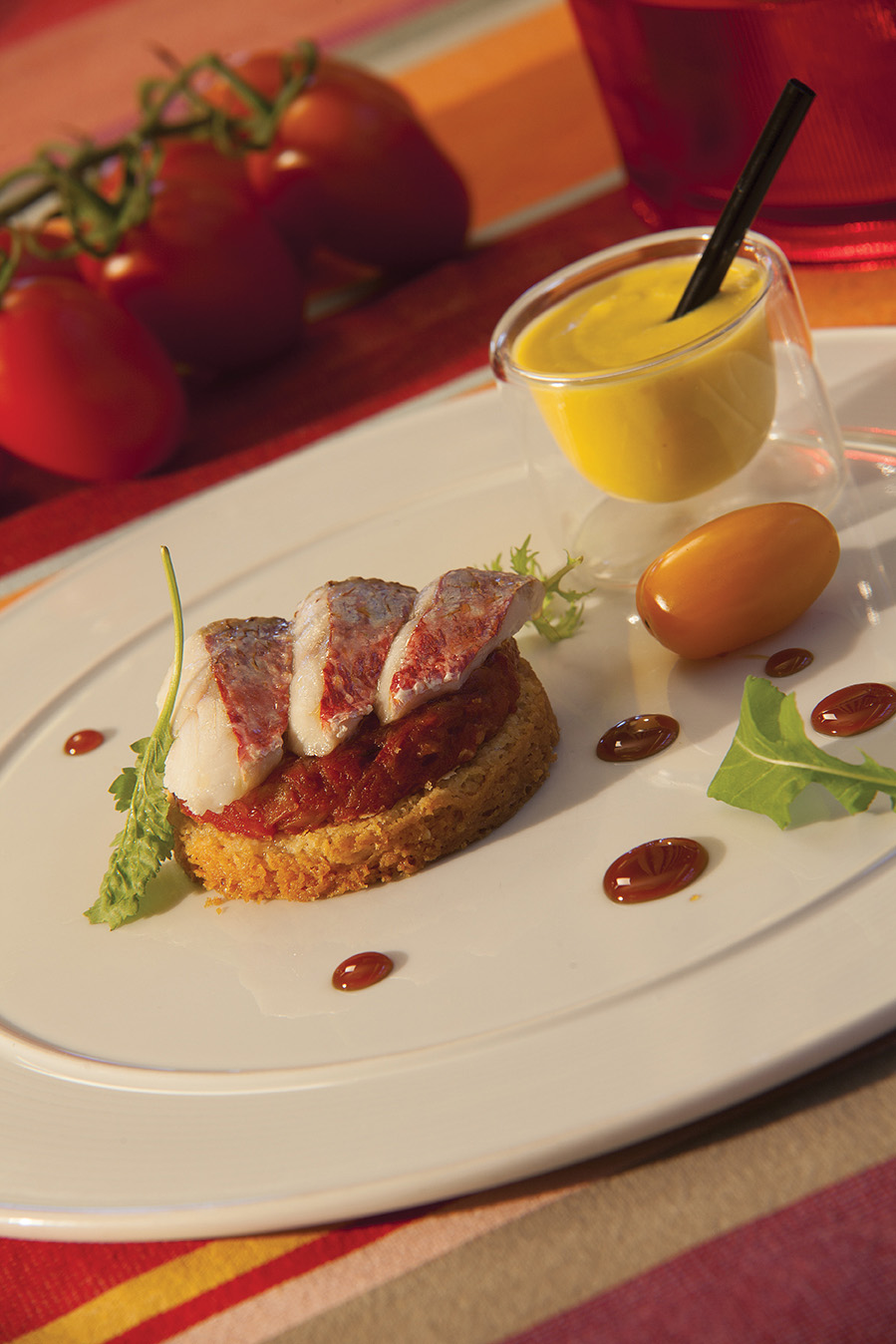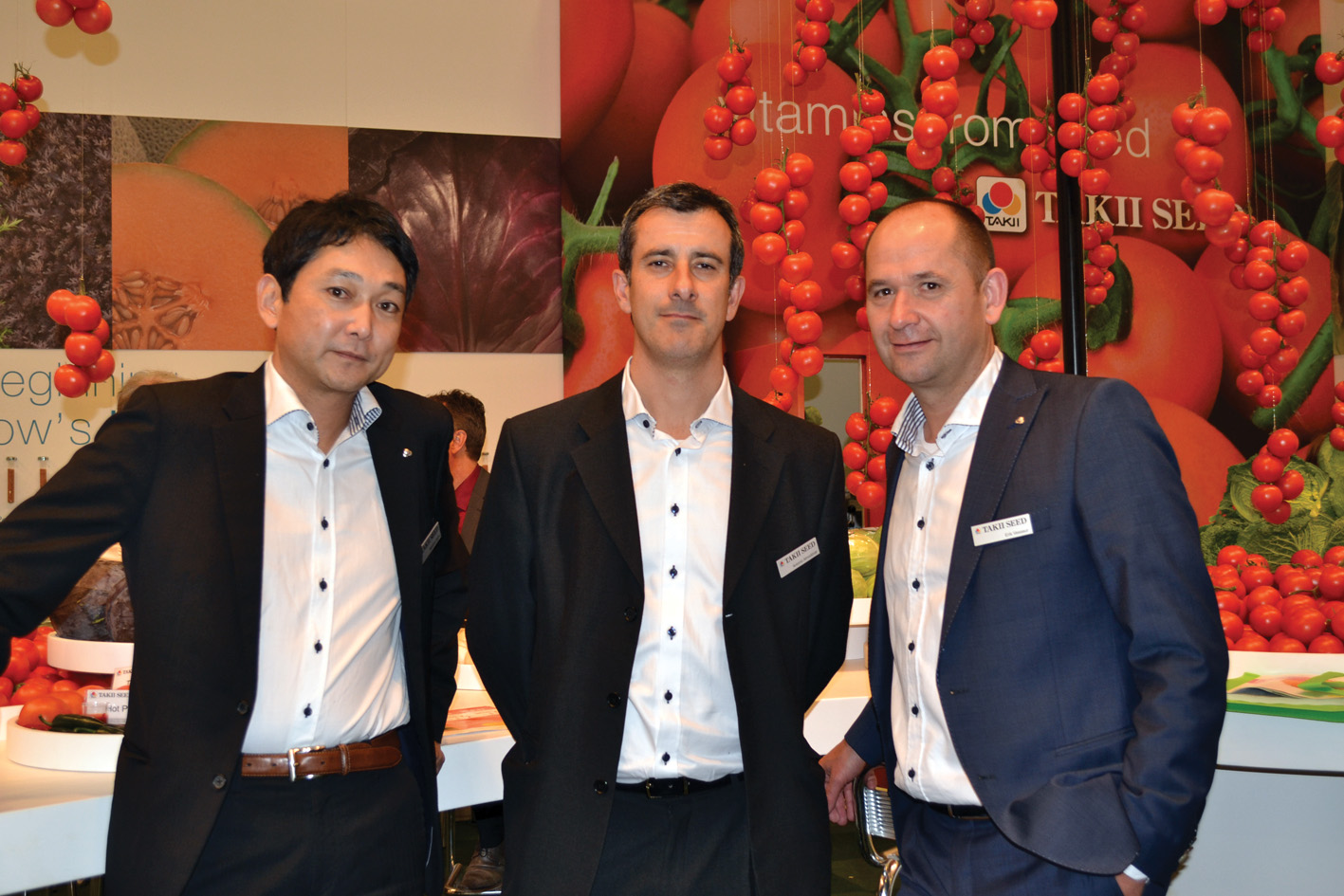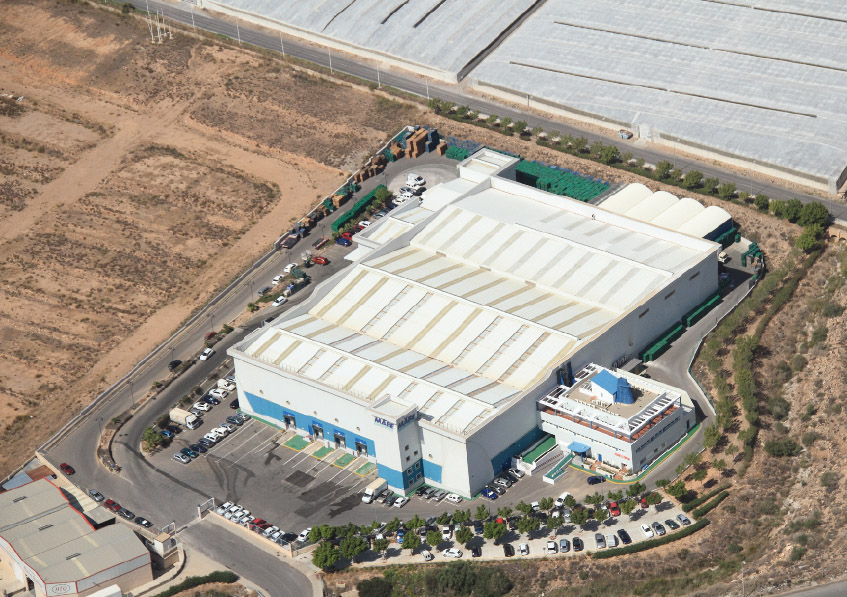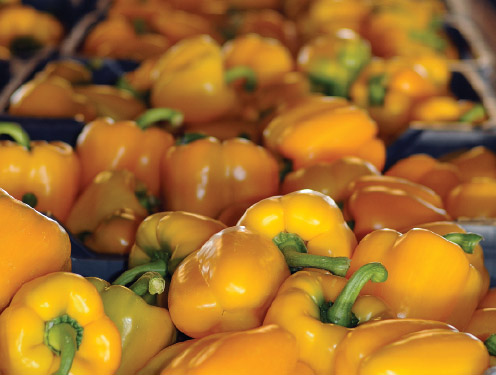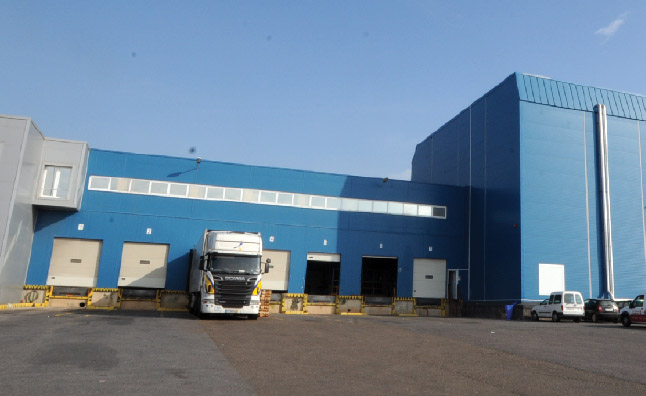The value of tomato sales in the UK slipped last year, Kantar Worldpanel data shows.
Figures for the 52 weeks to December 7 show total sales of £706.2 million, down 4.8% on the same period in the previous 12 months. This was despite the sales volume rising slightly – by 1.1% – to nearly 258,000 tons.
Tomatoes in one in four shopping baskets
But tomatoes remain popular with consumers, data from mySupermarket.co.uk shows. They came in 7th on its list of the 25 most bought items in its UK shoppers’ baskets last year. And they were in more than one in four shopping baskets bought in the UK from mySupermarket in 2014.
The company’s figures for December 2013 to November 2014 also show tomatoes are popular year–round. Over those twelve months, an average of 27.5% of all shopping baskets had tomatoes in them, with a dip to 19.98% in December 2013 and rise to above 30% last June and July.
Mostly non–loose and non–organic tomatoes
The vast majority of the tomatoes were pre–packed and very few organic. On average, just 0.87% of baskets had organic tomatoes in them. This level was fairly consistent throughout the year and while low, was higher than for other products, such as peppers (0.34%) and berries (0.61%), both of which showed more monthly variation.
An online shopping and comparison website, MySupermarket, gathers data from more than 50,000 unique shoppers and 4.5 million visitors each month. In terms of traffic it is the UK’s third largest supermarket after Tesco and Asda.
souce: mySupermarket.co.uk


